Humans
Sign up for our newsletter
We summarize the week's scientific breakthroughs every Thursday.
-
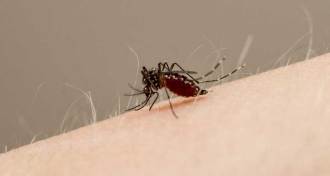 Health & Medicine
Health & MedicineThis week in Zika: Vaginal vulnerability, disease double trouble and more
Puerto Rico cases of Zika suggest that the virus prefers women. And two new findings reveal more about Zika’s transmission and ability to survive outside the body.
By Meghan Rosen -
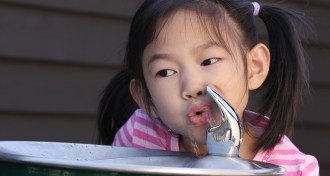 Health & Medicine
Health & Medicine50 years ago, fluoridation was promoted as a bone protector
In 1966, scientists hoped fluoride might protect adult bone health. While the results broke down over time, the benefits for teeth remain clear.
-
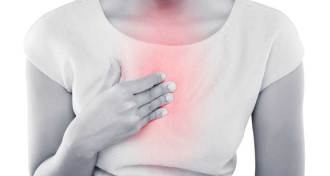 Health & Medicine
Health & MedicineHeartburn drugs may raise stroke risk
Drugs used by millions for heartburn linked to increased risk of stroke.
By Laura Beil -
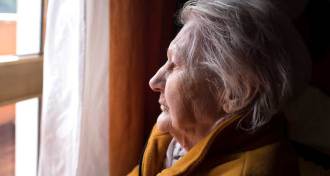 Neuroscience
NeuroscienceDespite Alzheimer’s plaques, some seniors remain mentally sharp
Plaques and tangles riddle the brains of some very old and very healthy people.
-
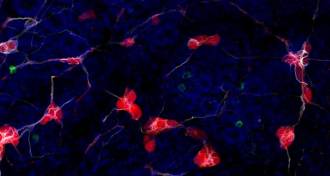 Neuroscience
NeuroscienceProtein linked to Parkinson’s travels from gut to brain
Parkinson’s protein can travel from gut to brain, mouse study suggests.
-
 Health & Medicine
Health & MedicineDownside of yo-yo dieting is rise in heart disease risk
Yo-yo dieting hurts the heart, even if you’re not overweight.
By Laura Beil -
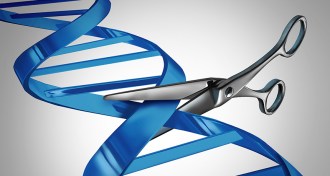 Health & Medicine
Health & MedicineChinese patient is first to be treated with CRISPR-edited cells
Researchers used CRISPR/Cas9 to engineer immune cells that were then injected into a patient with lung cancer, the journal Nature reports.
-
 Neuroscience
NeuroscienceSounds and glowing screens impair mouse brains
Too much light and noise screws up developing mice’s brains.
-
 Health & Medicine
Health & MedicineRestless sleep associated with heart rhythm problems
Poor sleep, even without apnea, is tied to heart rhythm problems.
By Laura Beil -
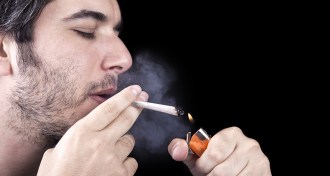 Health & Medicine
Health & MedicineMarijuana use weakens heart muscle
Marijuana linked to dangerous heart stress.
By Laura Beil -
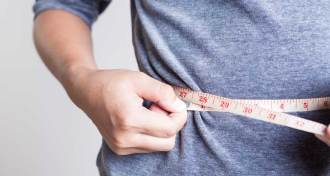 Neuroscience
NeuroscienceZap to the head leads to fat loss
Stimulating the vestibular nerve led people to shed fat in a small trial.
-
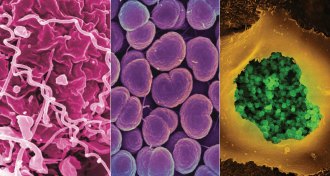 Health & Medicine
Health & MedicineCDC sounds alarm on STDs
The combined reported cases of three common sexually transmitted diseases reached a historic peak in 2015, a new CDC report says.